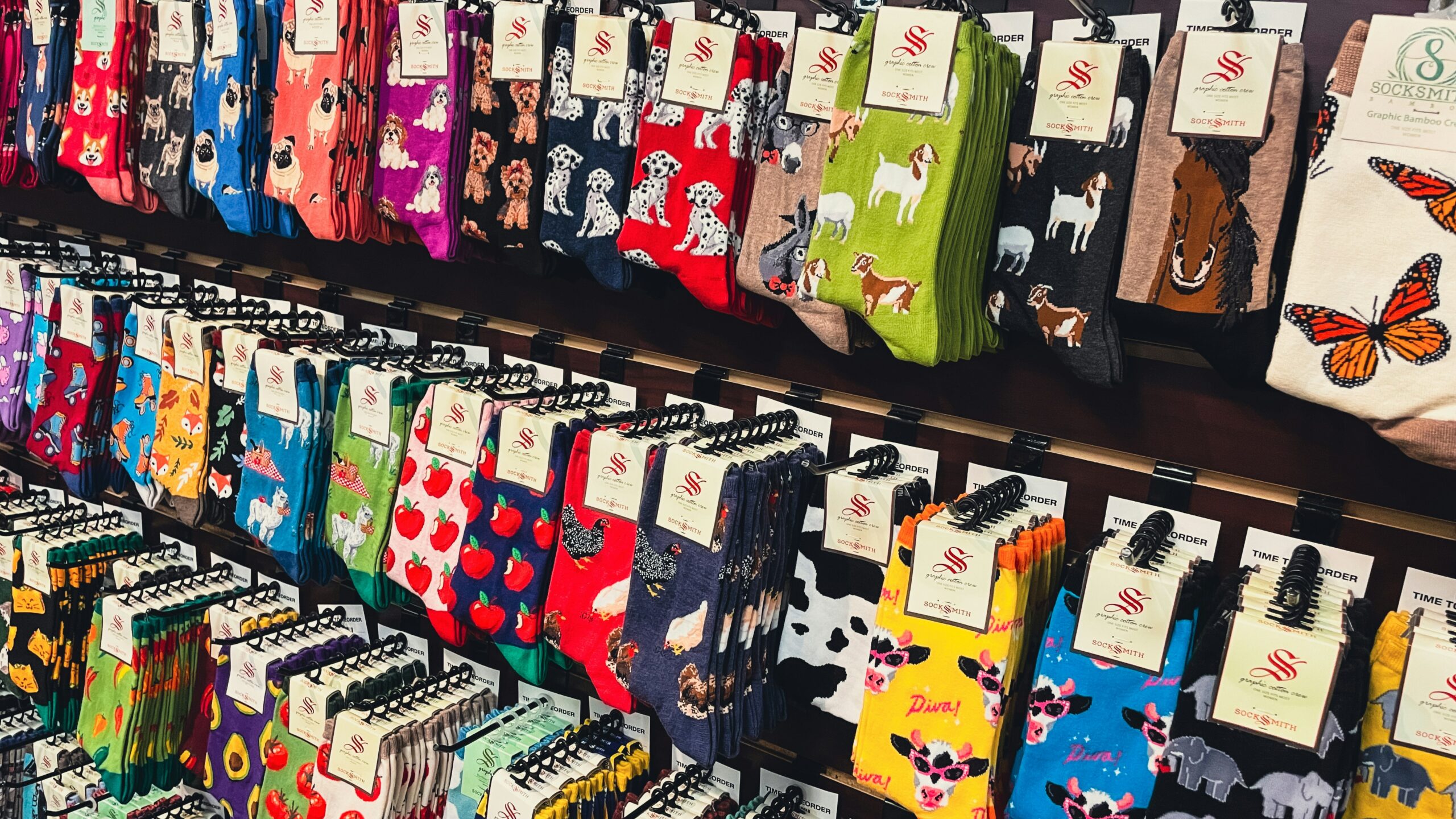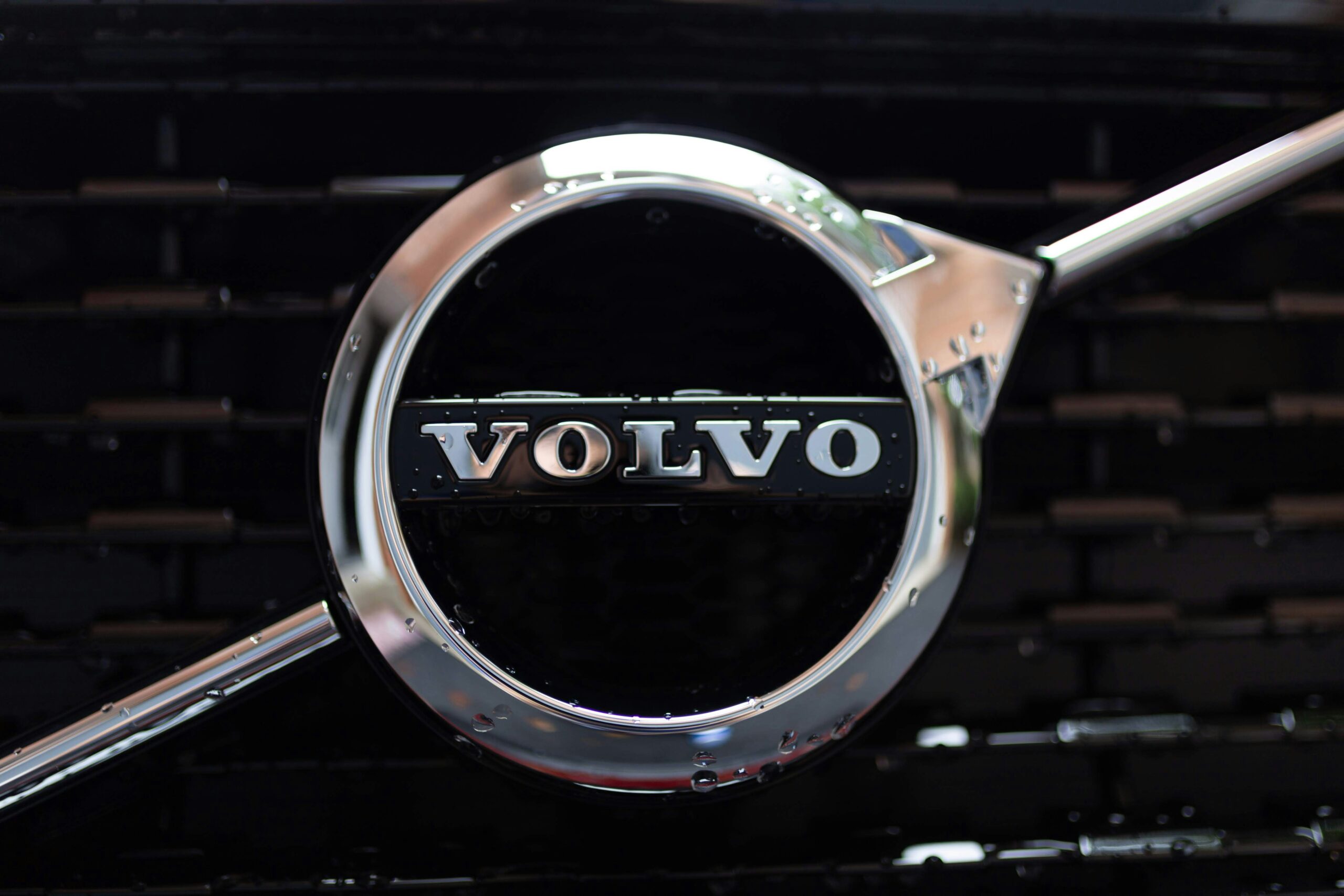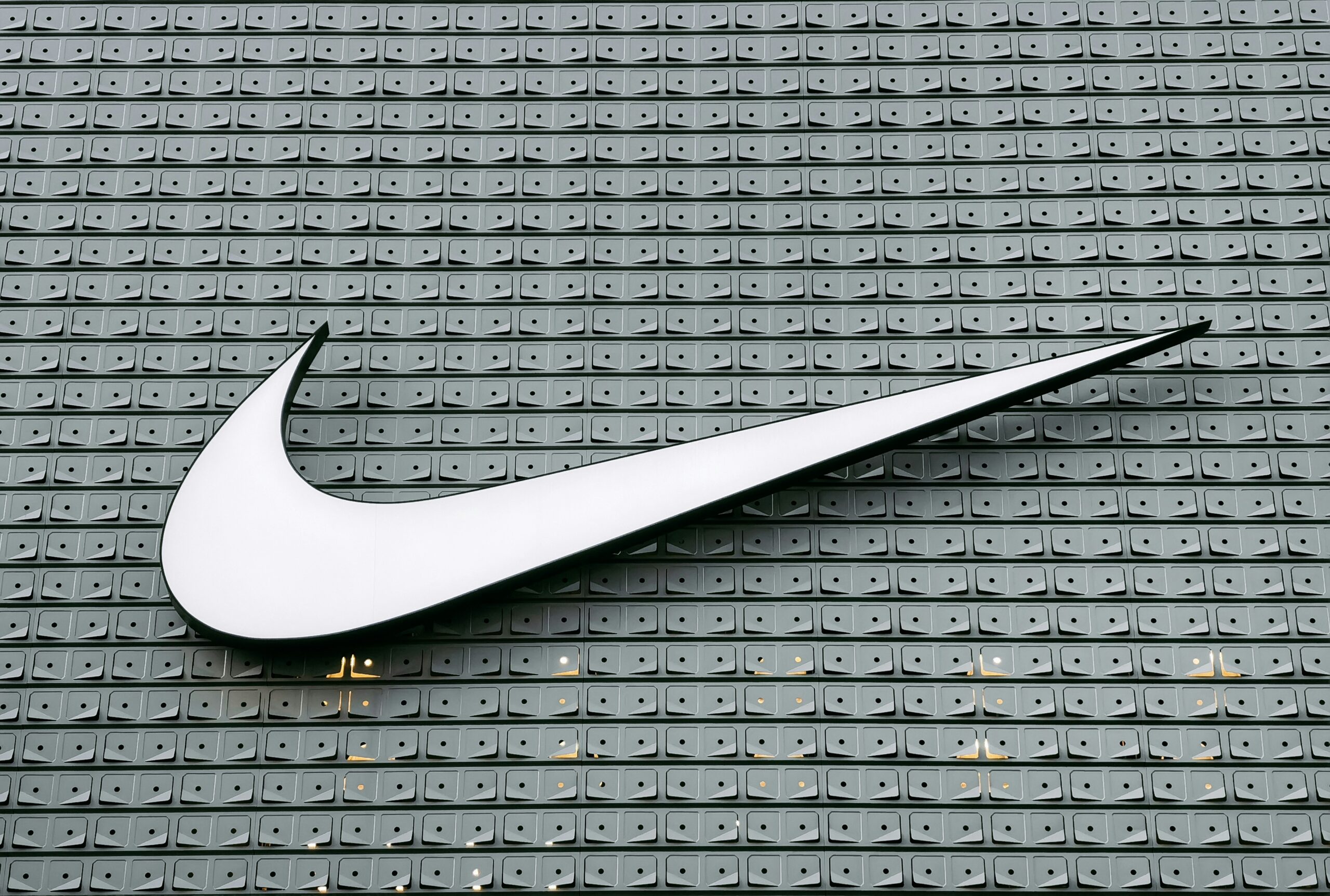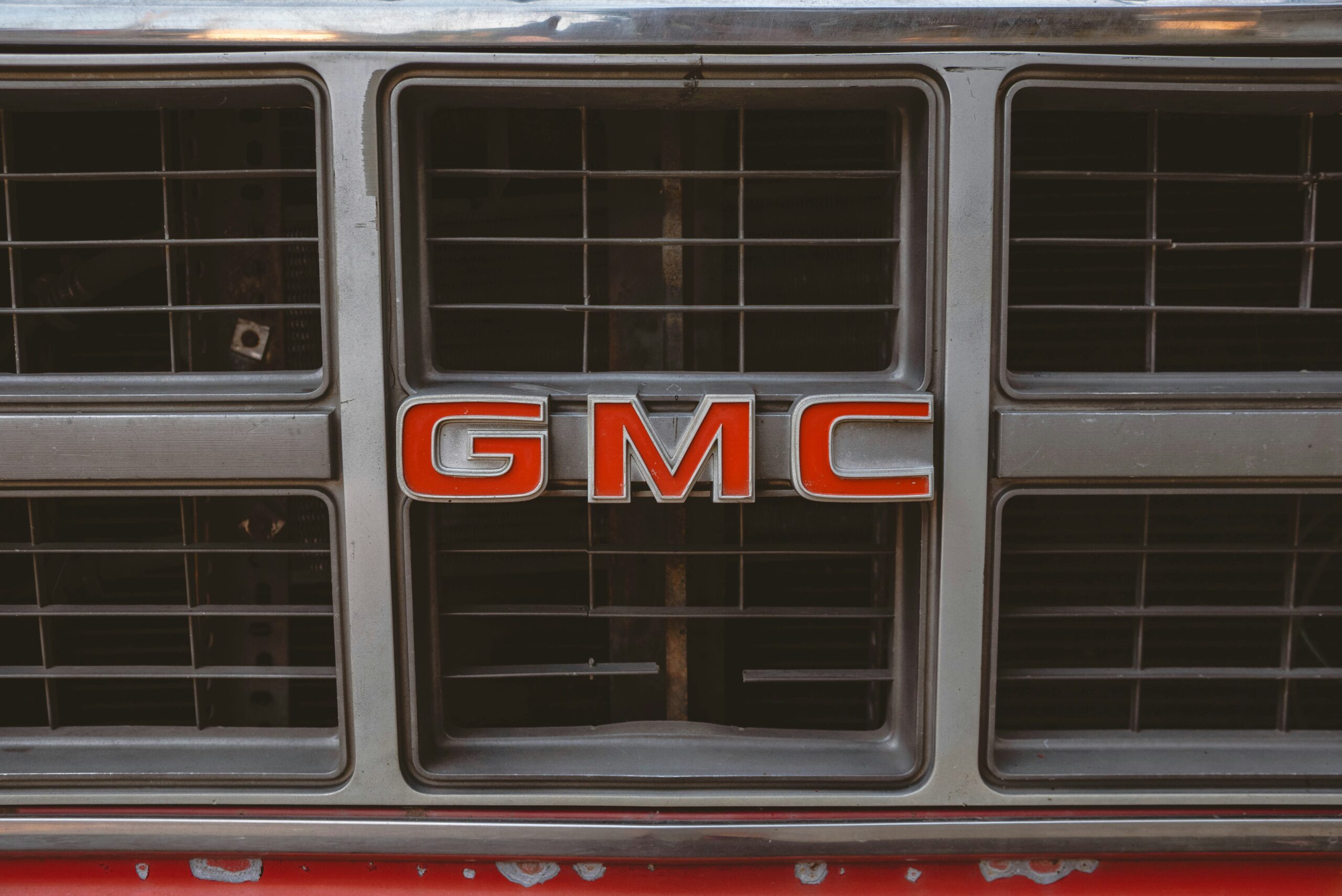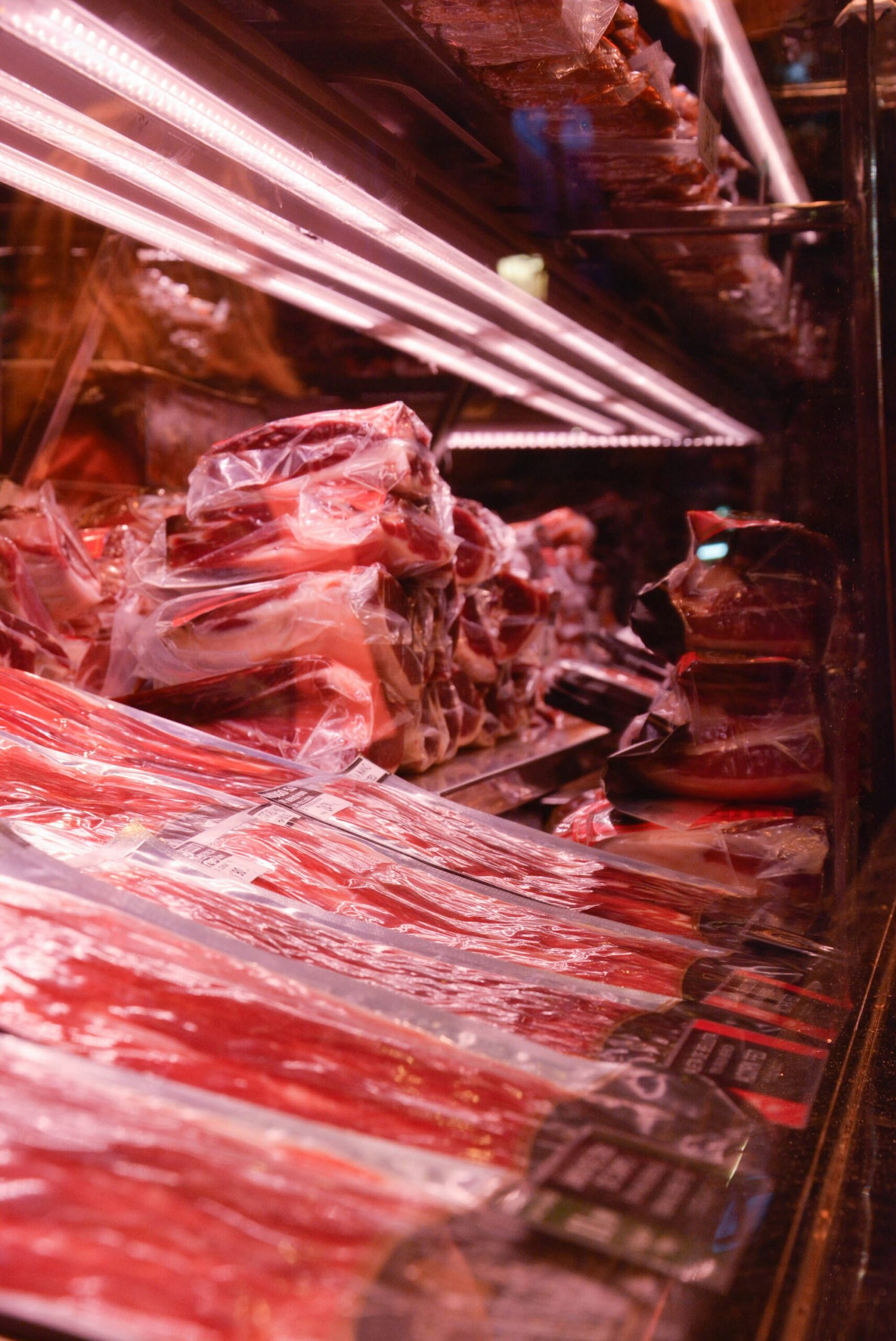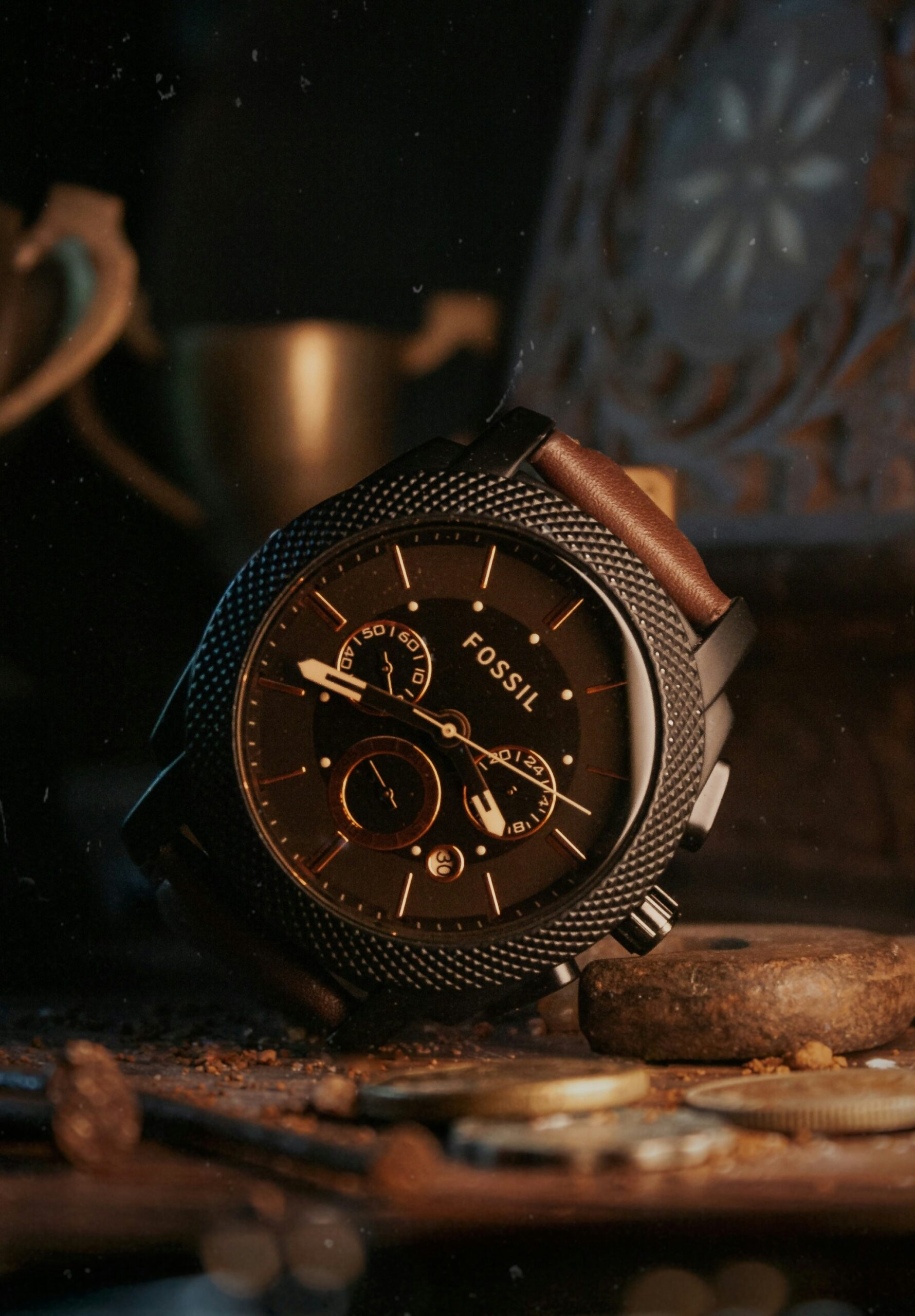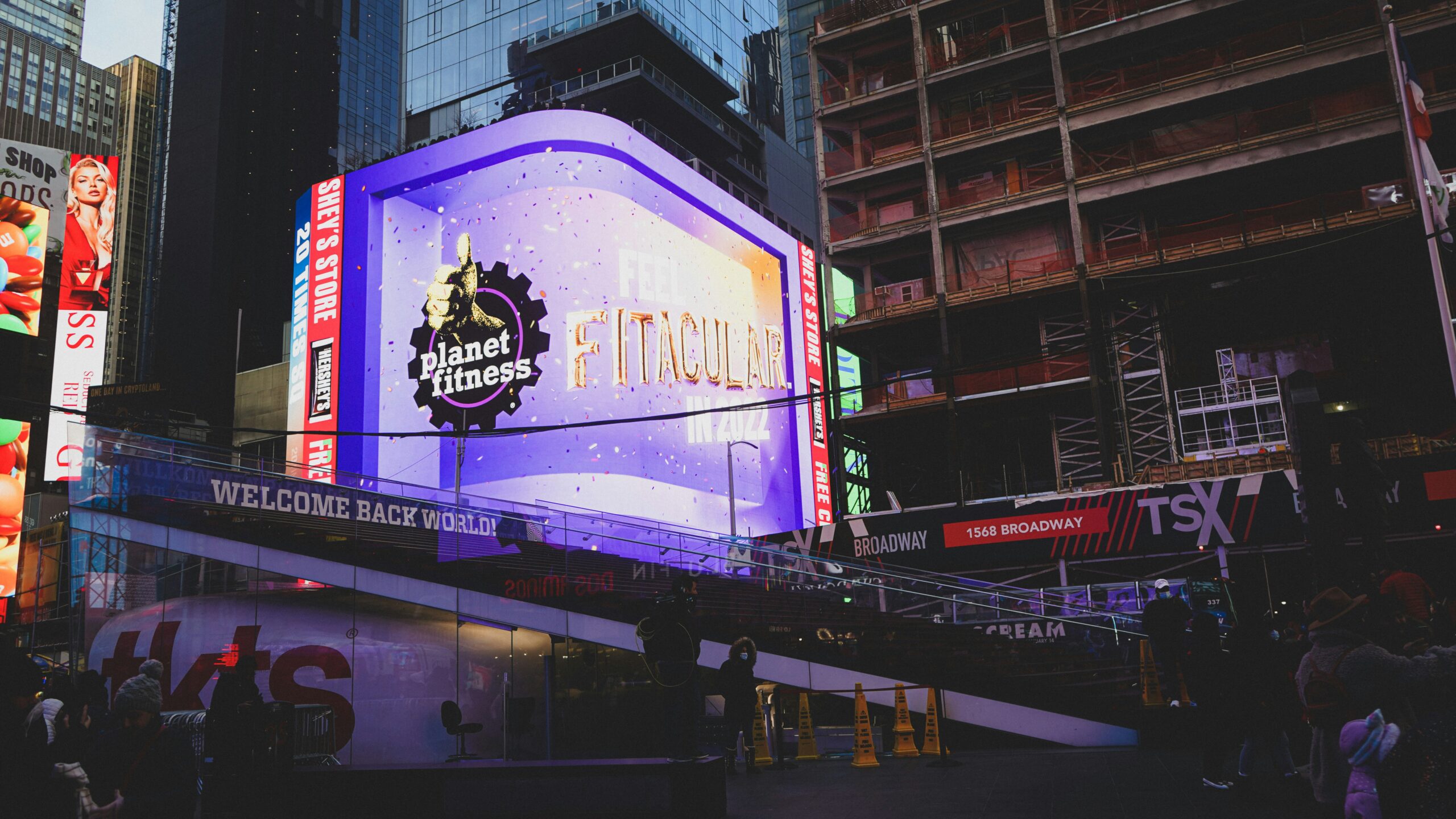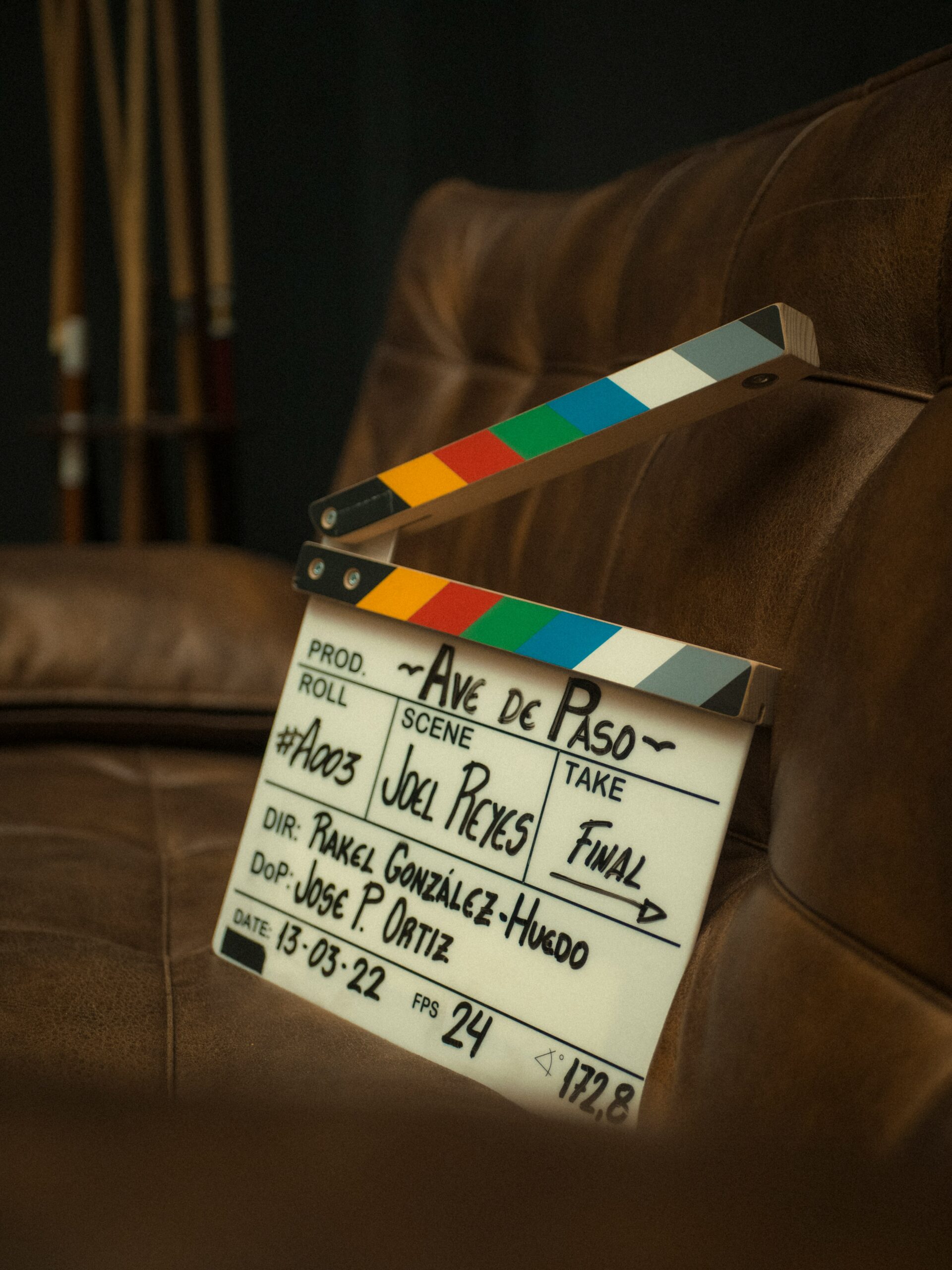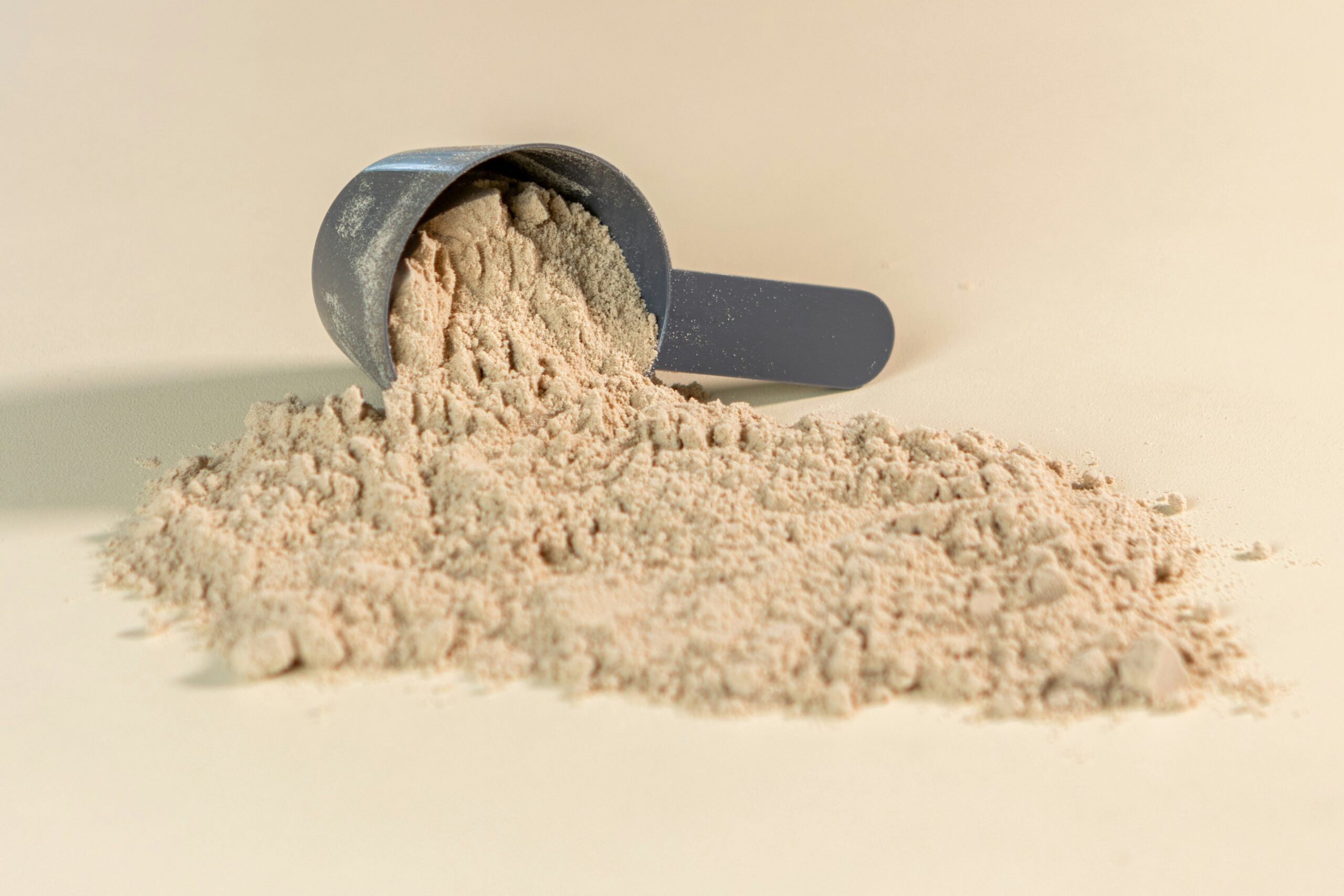Image credit: Unsplash
Jim D’Addario, who built a multimillion-dollar guitar-strings empire on the foundation of his late father John’s early innovations in 1974, gave the business his familial name. D’Addario, which sells drumheads, saxophone reeds, pedalboards, earplugs, and other musicians’ gear in addition to its signature guitar strings at over 3,300 retail outlets, earned $220 million in global revenue last year and employs 1,100 people. The company has taken a corporate victory lap throughout, combining history with “When You Know You Know” ads starring younger players like Chris Stapleton, Herman Li of DragonForce, and Yvette Young of Covet.
“Most people are very apathetic about their strings, and they usually listen to their teacher, or an artist that’s endorsing the product, to get them to try our strings,” says D’Addario, now chairman of the board of the company he named after his family in 1974. “The ones that know really know ours are better—and consistent.”
D’Addario acknowledges the company faces industry headwinds—the musical-instrument business, he says, is declining 2%-3% per year, which affects a company whose guitar strings make up 45% of its business. “People buy a guitar for their kid, and if he doesn’t play, they don’t put it in the attic or the basement anymore. They put it on eBay,” D’Addario says. “Everything a dealer sells, he’s going to compete with that instrument. That has had a very serious effect on the instruments bought at retail.”
But D’Addario is mostly upbeat when discussing the musical company’s past, present, and future.
What do you hope people learn about D’Addario from the 50th-anniversary campaign events?
It’s not the 50th anniversary of the family making strings; it’s the 50th anniversary of the brand name D’Addario. My dad and my grandfather were afraid to put their name on products. Italians would be discriminated against and it was a difficult name to pronounce. They felt like, in certain markets, it might not be accepted. In August of ’74, I said, ‘Nah, we’re going to get credit for making certain stuff, and our name’s going to be on it.’
Since that time, we’ve saved billions of trees and millions of pounds of carbon not released into the atmosphere. That was one of the things that distinguished our strings. That’s one way we can tell onstage if our strings are being used. Otherwise, it’s very difficult. You can put branding on the package, but when they’re playing on stage, you can’t see it.
What music stars are your most loyal customers?
A lot of jazz guys, like Pat Metheny, who’s a good buddy, and Julian Lage. But there’s also a whole contingent of new people that I might not know. John McLaughlin, Blake Mills, Molly Tuttle, Billy Strings, Chris Thile of Nickel Creek, Sierra Ferrell, a mandolinist [who’s] going to be a superstar—those are the artists that really gravitate to our brand because they know they’re going to get the very best product.
How has the musical instrument market changed since you started?
It’s quite different. We also make drumheads and drumsticks, snare wires, guitar straps, and cables. We make drumheads for acoustic drums, drumsticks, and other accessories for drummers. The acoustic drum market is 40-60% of what it was in 2004. Drums have been digitized. Instead of 20,000 drumheads a day, we’re only making 10,000.
The other thing is the guitar was really the solo instrument, but it’s not anymore. You don’t hear a guitar solo in every hit; you hear repetitive rhythms and electronic sounds and synthesized sounds.
How much does this worry you?
We’ve seen this so many times—in the early ’90s, it was video games, and for three or four years, the guitar market didn’t have much growth. But then it came back. It always comes back.
What are your retirement plans, if any?
We don’t want to sell our business. When you walk into a music store, 40% to 50% of the strings on the wall are our brand, and that’s in almost every country around the world. I’d have trouble walking into a store and seeing my packaging screwed up or listening to people complaining about the quality.


















































































